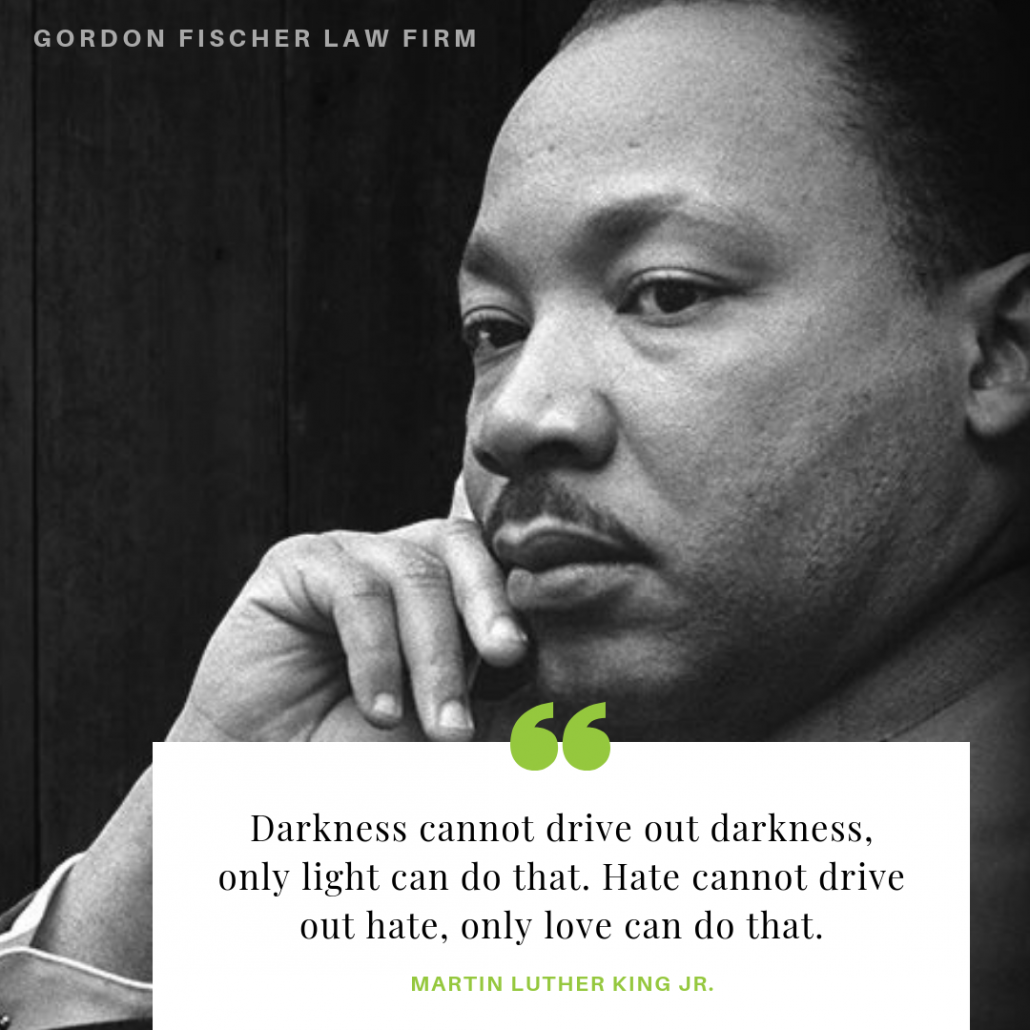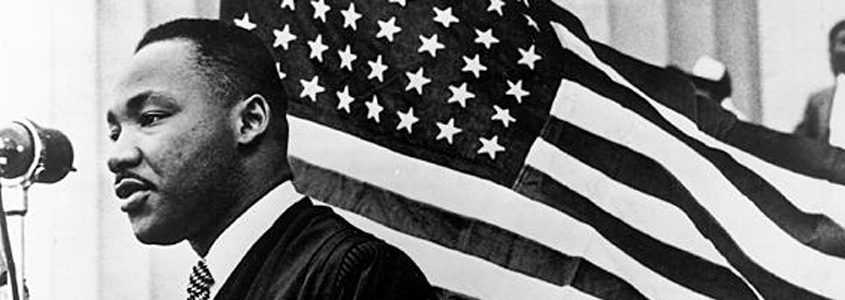Martin Luther King Jr. Day is tomorrow (January 20) I think it’s important to pay tribute to a man who truly championed ideals of equity, freedom, peace, and justice. Among his many accomplishments, Dr. King tirelessly pushed for nonviolent activism and peaceful resolution to human rights issues. He reportedly wrote five books and gave hundreds of speeches in a single year…more than most of us could produce in a lifetime. And, there’s no doubt that he was a key player and influencer in the passage of the U.S. Civil Rights Act of 1964. Dr. King was subsequently was awarded one of the highest honors in the world in 1964—the Nobel Peace Prize—for “his dynamic leadership of the Civil Rights movement and steadfast commitment to achieving racial justice through nonviolent action.” (He donated the prize money, $54,123, back to the civil rights movement.)
Dr. King and his lasting legacy can undoubtedly serve as an inspiration to us all. I see his dream of a better world—a better future for all—exemplified in action by the hardworking Iowa-based nonprofit organizations. I also see his lessons being practiced by the wonderful donors who support these organizations and advance their missions.
So, yes, it’s nice to have a day off of work, but make certain the day doesn’t pass you by without setting a plan in place to perform some form of service for others.
Dr. King tirelessly pursued the advancement of human rights for the greater good and we can honor him by practicing forms of charitable giving as a way to advance our communities. Be it through volunteering time to an organization that speaks to your heart (remember, certain costs associated with volunteer can be tax deductible), setting up a donor-advised fund, or simply writing a list of the nonprofits you would like to include as beneficiaries in your will, you too can set out on an honorable service-oriented path and inspire your friends, family, and colleagues to follow suit.

Dr. King’s lessons resonate with our hearts and heads because we too have dreams of making our corners of the world a better place to learn, live, and grow through service. Maybe Dr. King’s commitment to “practice what you preach” mentality has inspired you this year to give charitably more and more often. Maybe you considered his question, “What’s your life’s blueprint?” and decided to form the charity you’ve wanted to establish for a long time. Either way, don’t hesitate to contact me for a free consultation. As Dr. King said: “The time is always right to do what is right.”




